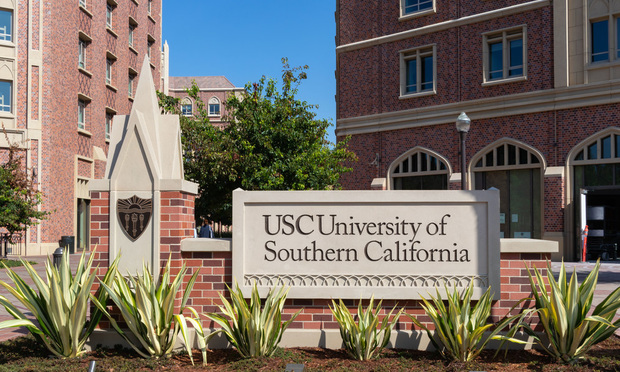Lawyers who struck a $240 million agreement with the University of Southern California over a sexual abuse scandal involving its former campus gynecologist filed a revised deal on Friday after a federal judge flagged several problems about the class action settlement.
The amended settlement, reached for victims of George Tyndall, who worked for decades as USC’s campus gynecologist, attempted to address concerns that Judge Stephen Wilson of the U.S. District Court for the Central District of California had about the deal—most prominently, that the settlement was short on critical facts.

 University of Southern California.
University of Southern California.








